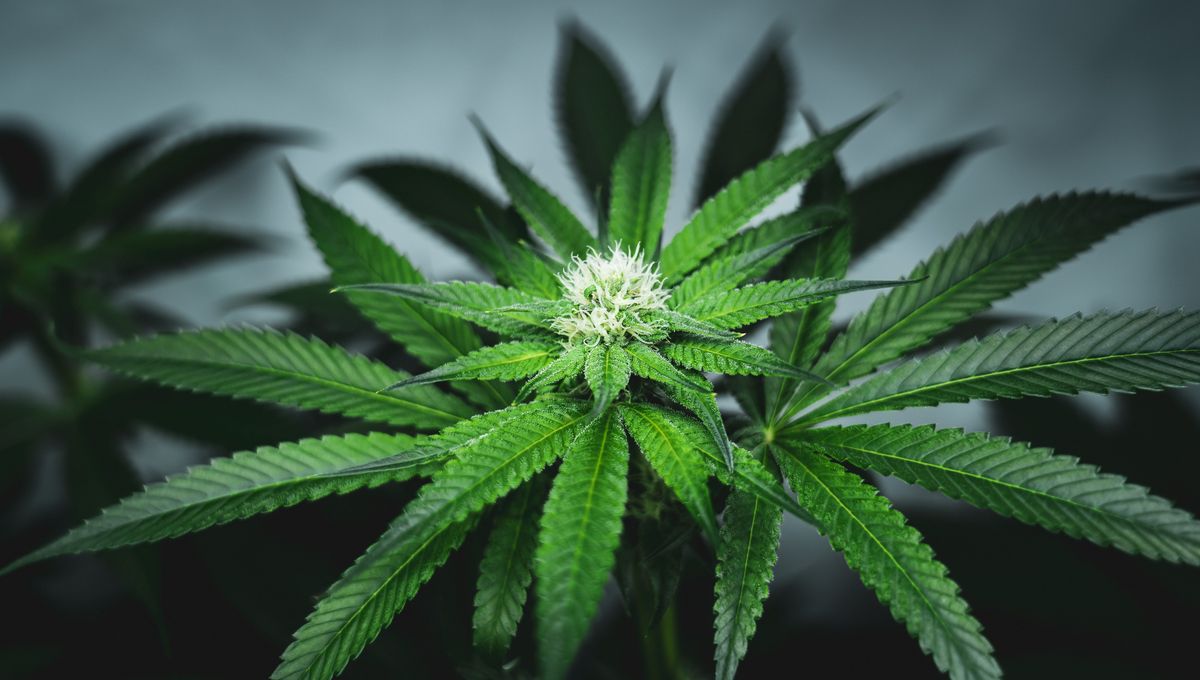
It’s widely believed that two major compounds in the cannabis plant – THC and CBD – have a balancing effect on one another, with CBD canceling out the effects of THC in the body. However, a new clinical trial has poured cold water on that idea by suggesting that the opposite might be true, and that CBD might actually enhance the intoxicating effects of THC.
THC (delta-9-tetracannabinol) is the stuff in the cannabis plant that gets you high. Its sister compound, CBD (cannabidiol), does not have these intoxicant effects, which has led to its inclusion in numerous products that claim to be able to help with a range of health concerns without any psychoactive effects.
The evidence for the benefits of CBD is mixed – a recent study found that it’s unlikely to have any real effects on chronic pain, for example, despite its popularity. THC, too, has been investigated as a potential painkiller, but one major stumbling block has been the side effects – not everyone is prepared to get high every time they want relief from their pain.
The answer, some have suggested, could be combining these two compounds. It’s been hypothesized that enriching cannabis products with extra CBD could help offset the more troublesome effects of THC, because CBD and THC counterbalance one another in the body.
“People active in the cannabis field always say that CBD takes off the edge from THC, anxiety can be less, there is an ‘entourage effect’ of other cannabinoids that plays a role in how THC in cannabis is experienced, but the scientific evidence was very thin,” Geert J. Groeneveld, co-author of a new study investigating this theory, told PsyPost.
Groeneveld and the team performed a double-blind, randomized clinical trial to compare the effects of THC when given with a placebo or different doses of CBD. There was also a double placebo treatment, with no THC or CBD. The 37 participants who were enrolled in the study were all healthy adults who had some experience with cannabis but weren’t using it more than once a month on average.
On each visit, the participants took oral CBD followed by THC 30 minutes later. Over the course of 6 hours, they were asked to report how they were feeling and underwent tests to measure their cognitive skills and pain levels, as well as other metrics.
When THC was combined with 450 milligrams of CBD, the participants reported feeling significantly less alert and significantly “higher” than when the THC was given on its own. The addition of CBD did not enhance the painkilling effects of THC either. Lower doses of CBD (10 and 30 milligrams) had no significant impact on the effects of the THC.
Rather than CBD cancelling out the effects of THC, as has been hypothesized, it seemed to do the opposite. “In conclusion, in this study, CBD did not reduce the (adverse) effects of THC, but rather increased them at higher doses,” the authors write.
They are now continuing their research looking at high doses of pure CBD, and though this work is as yet unpublished, Groeneveld told PsyPost that from what they have seen, “there is no evidence whatsoever that CBD is active on the central nervous system.”
The study is limited to oral ingestion of CBD and THC, so the results can’t speak to what might happen when the two compounds are inhaled. But so far, the evidence is pointing towards one of the big assumptions about cannabis being totally wrong.
The study is published in the journal Clinical Pharmacology & Therapeutics.
[H/T: ScienceAlert]
Source Link: A Commonly Held Belief About CBD Might Well Be Wrong